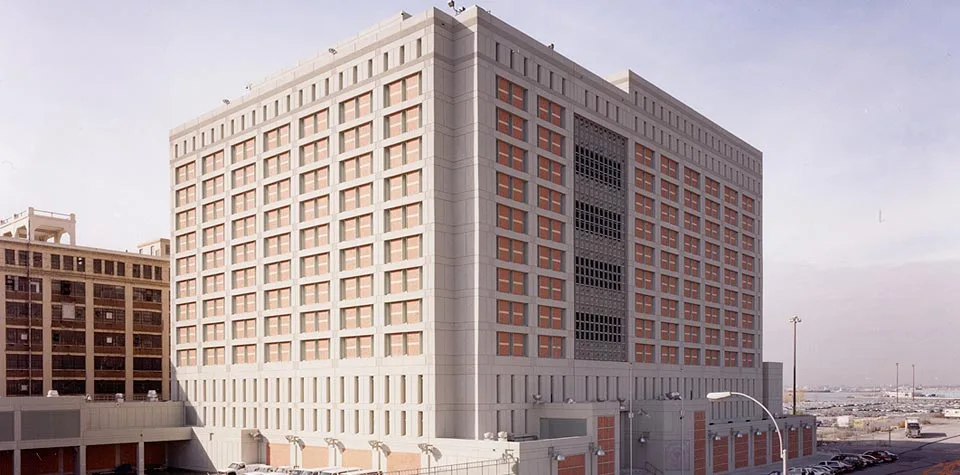
More in Punishment
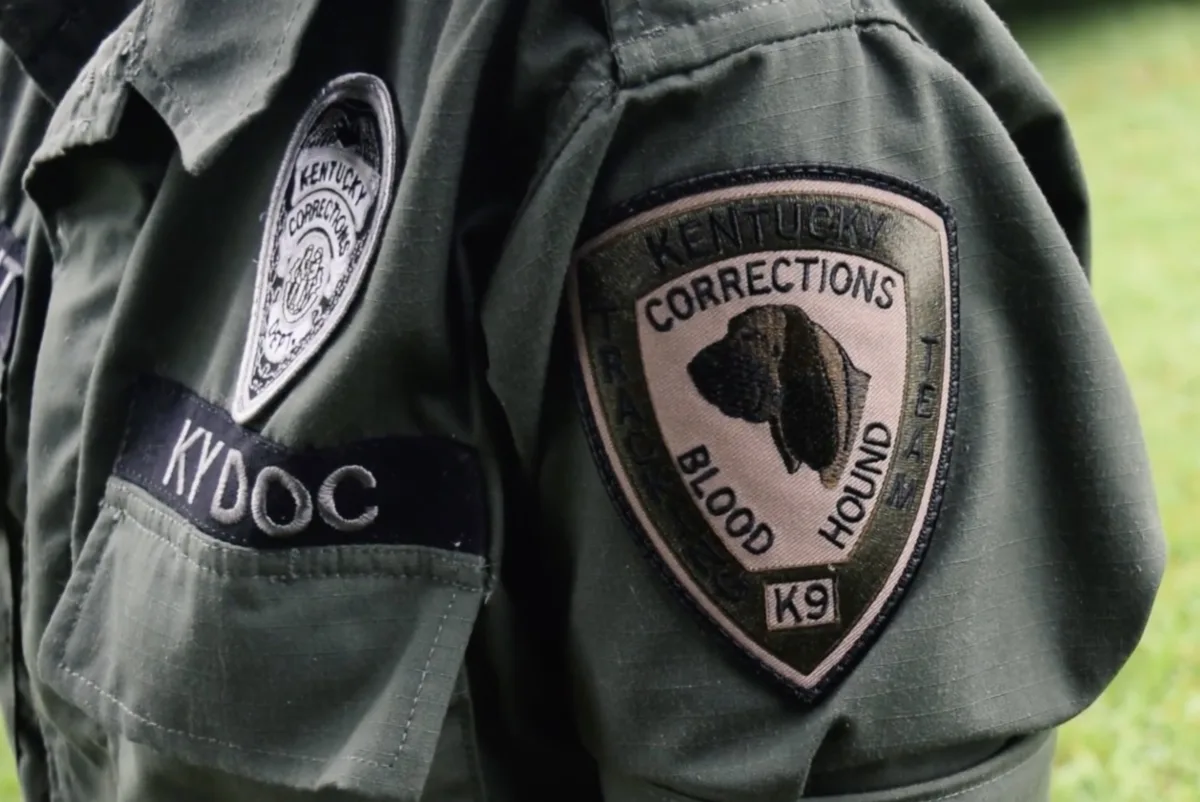
Strip Searches Have a Racist, Dehumanizing Legacy
Strip searches serve as weapons of humiliation rather than security measures.
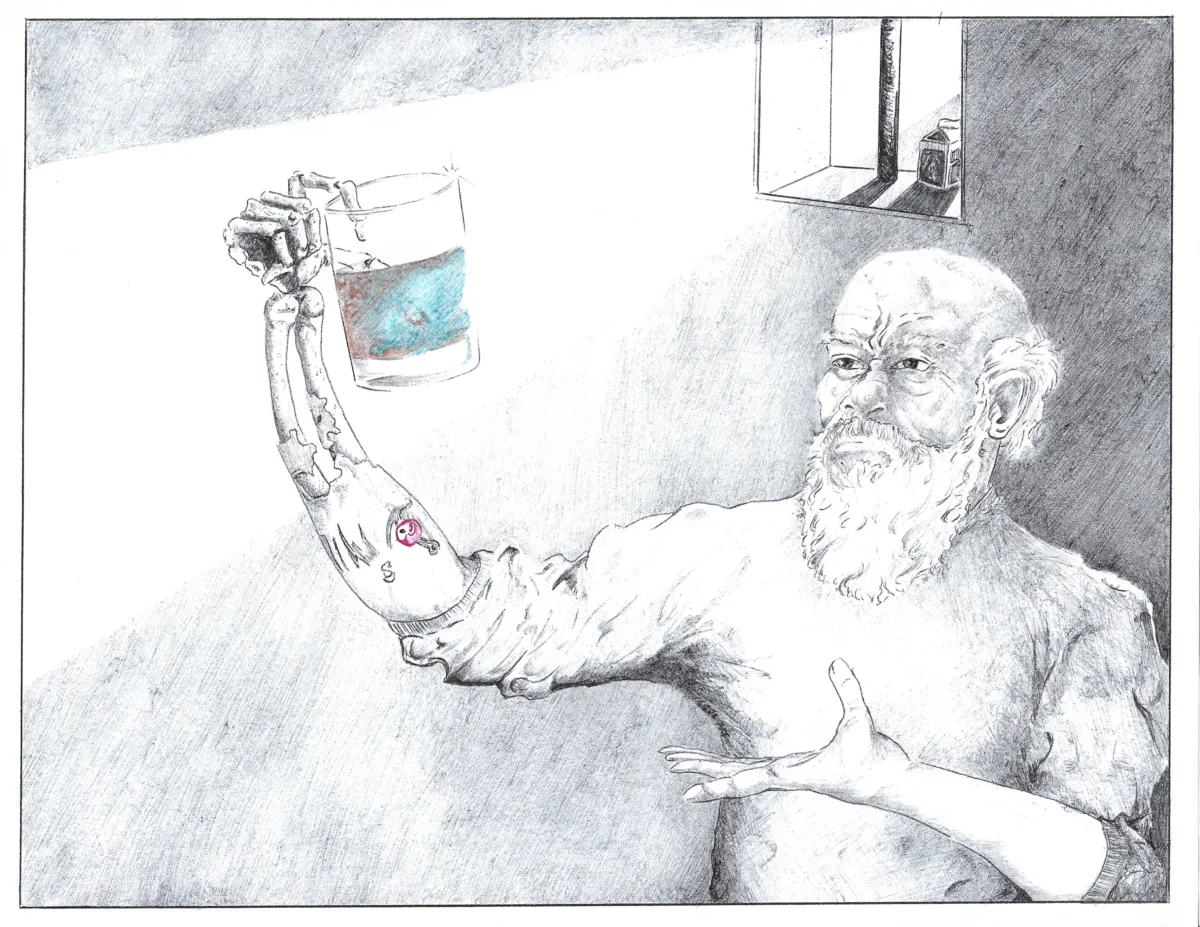
“If You Want to Live, Don’t Drink the Water”
After mystery illnesses and toxic reports, prisoners at California’s Mule Creek State Prison worry their water is killing them.
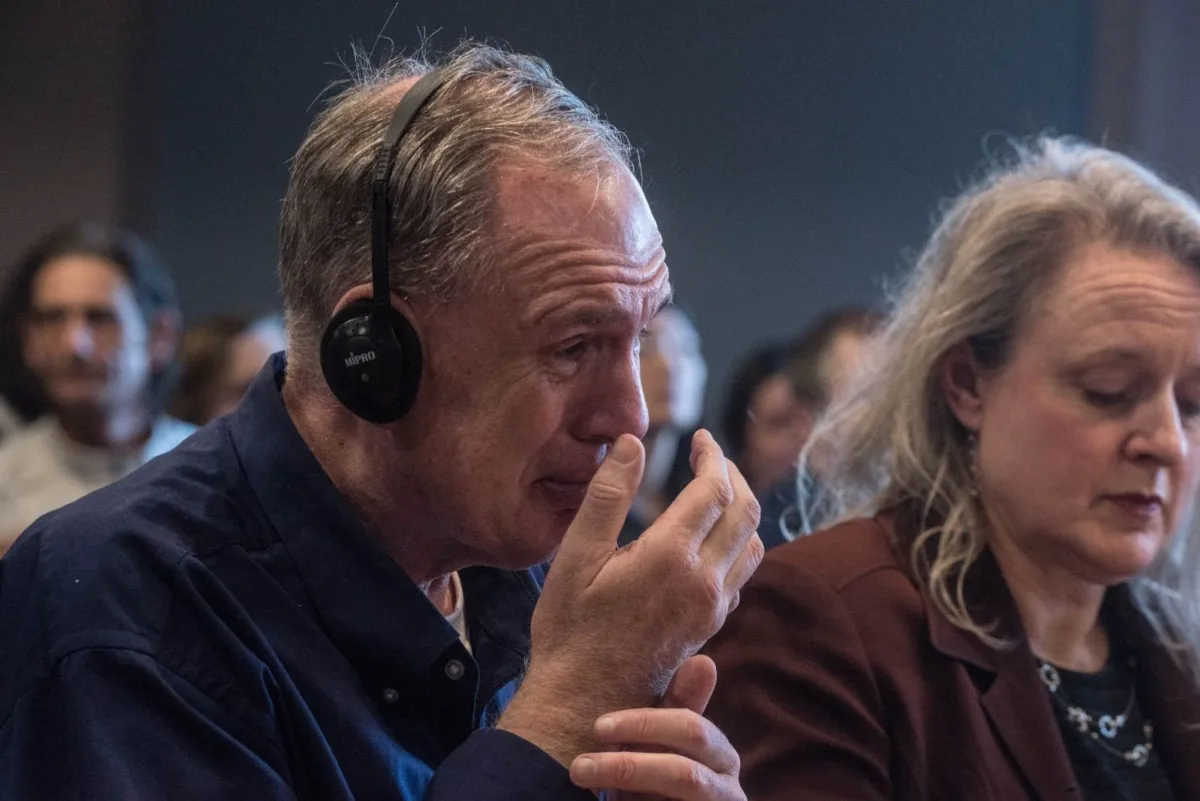
“They took my life away for nothing.”
James Carver spent 36 years in prison after he was convicted of setting one of the deadliest fires in Massachusetts history. But after reviewing new scientific evidence, a judge set him free.
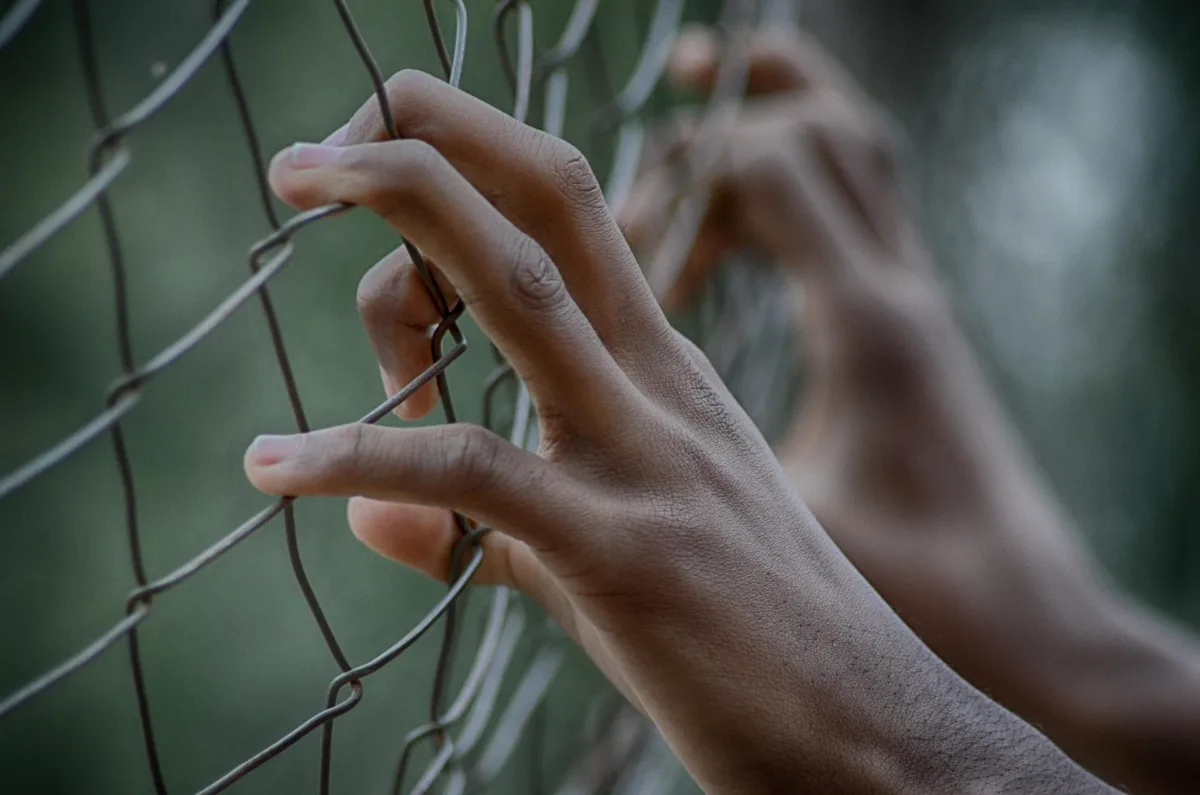
Imprisoned People Can Do More than ‘Scare’ Kids ‘Straight’
“Scared straight” programs don’t work. But that doesn’t mean incarcerated people shouldn’t mentor at-risk kids.

Louisiana Sent Kids to Adult Jail That Violated Scores of Regulations, Reports Say
Investigators found the Jackson Parish Jail violated state rules 83 times between July and February—almost 12 times more than the second-worst lockup.

Trump DOJ Defunds National Prison Rape Resource Center
A letter obtained exclusively by The Appeal says Trump’s Department of Justice has cut all funding to the Prison Rape Elimination Act Resource Center.
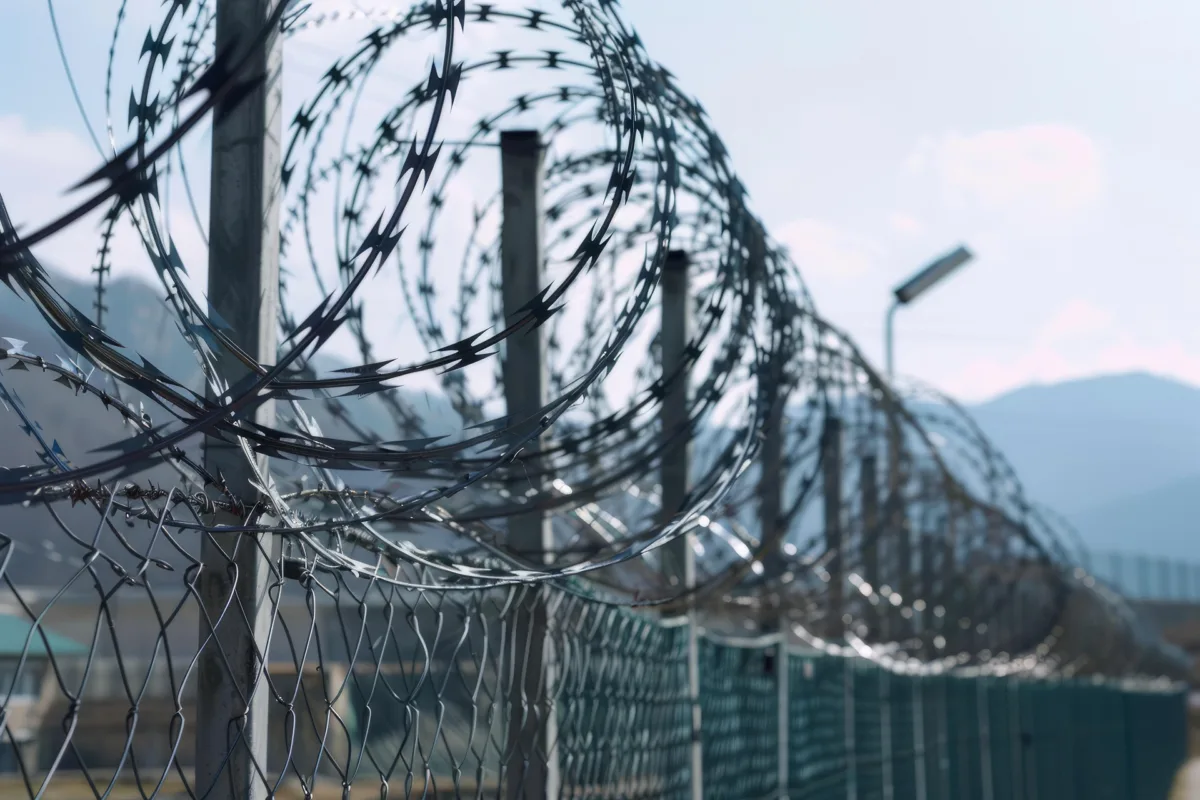
They Served Their Time. But They May Still Die in State Custody.
In half the country, sex offense civil commitment incarcerates people after they complete their prison sentences.

After Self-Immolations at Red Onion Prison, Virginia Prisoners Allege Crackdown
At least six people at Red Onion intentionally lit themselves on fire last year. Now, prisoners say staff are forcing people to comply—or cutting their electricity.

How Prison Dog-Training Programs Transform Lives
“We are not just training dogs — we are training ourselves to be better humans.”
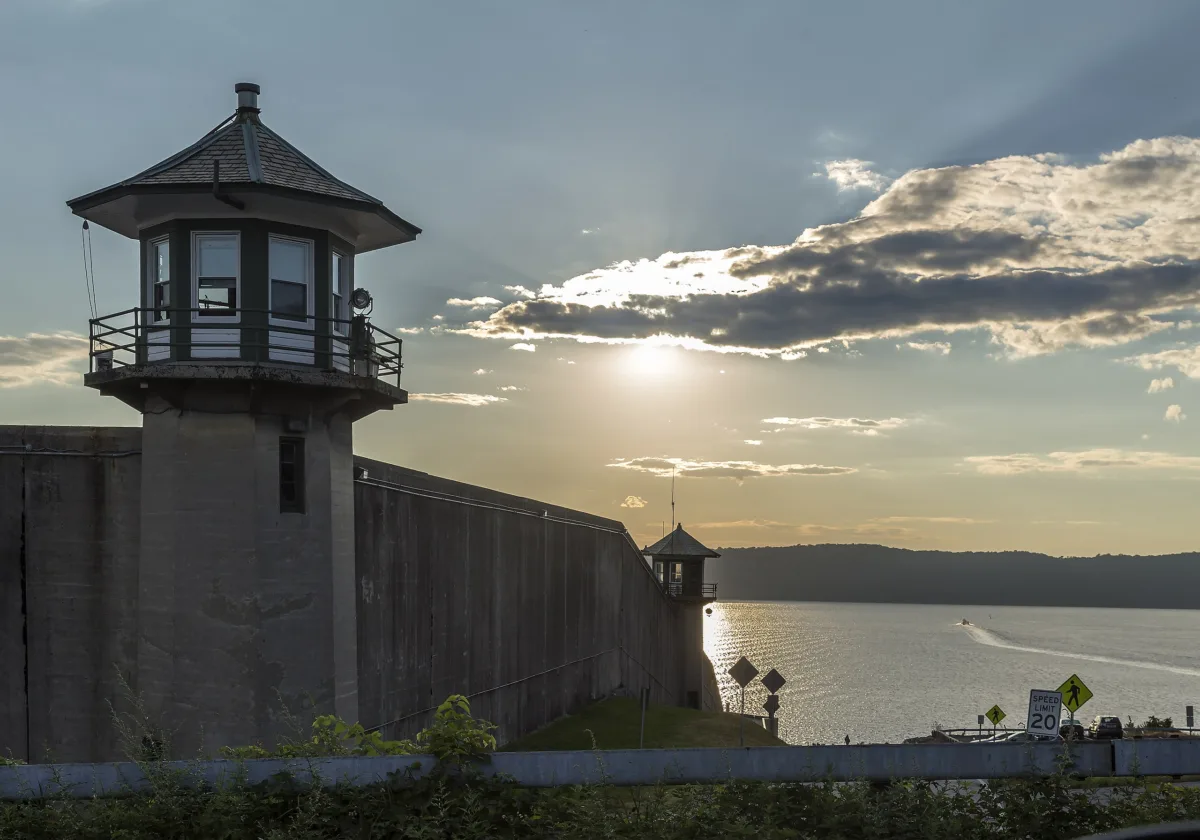
‘Sing Sing is a war zone.’
I’ve been in prison for 42 years. After New York State closed my facility, it sent me to Sing Sing—a prison filled with tension and violence.
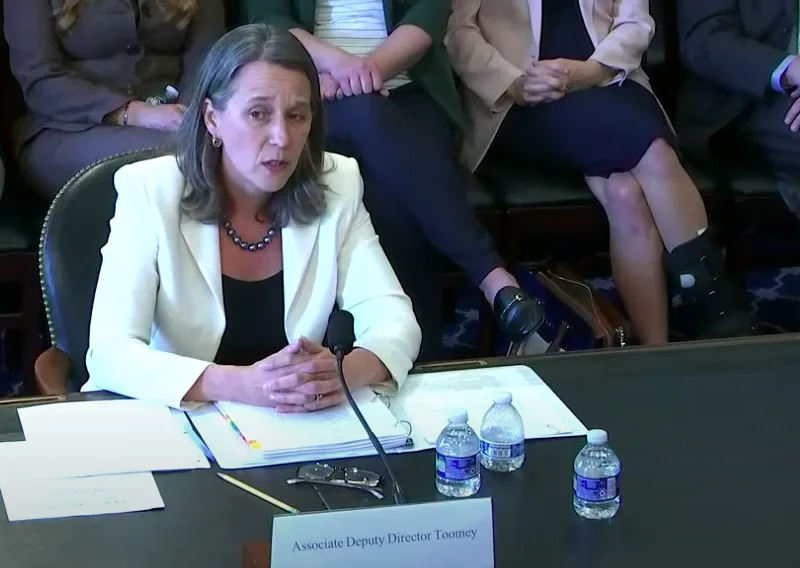
Trans Prisoners Say Trump’s Ban on Gender-Affirming Care Could Be Deadly
“I’d rather not live than be forced to live as a man,” a trans woman in a federal prison in New Jersey said in a sworn statement.

Trans Prisoners Sue to Block Trump Order Banning Gender-Affirming Care
At least one trans woman in federal prison says Trump’s executive order has already prevented her from receiving hormone therapy, leading to “thoughts of suicide and self-harm.”

‘Orange Crush’ Officers Sexually Humiliated, Abused Men in Illinois Prisons, Lawsuit Says
For more than 10 years, a group of incarcerated men have said Illinois prison guards forced them into painful stress positions and forced them to rub their genitals on one another.

In Prison, Football Helps Me Teach About Toxic Masculinity
I was raised an Eagles fan. Their Super Bowl win reminded me of painful lessons my father and his father gave me.
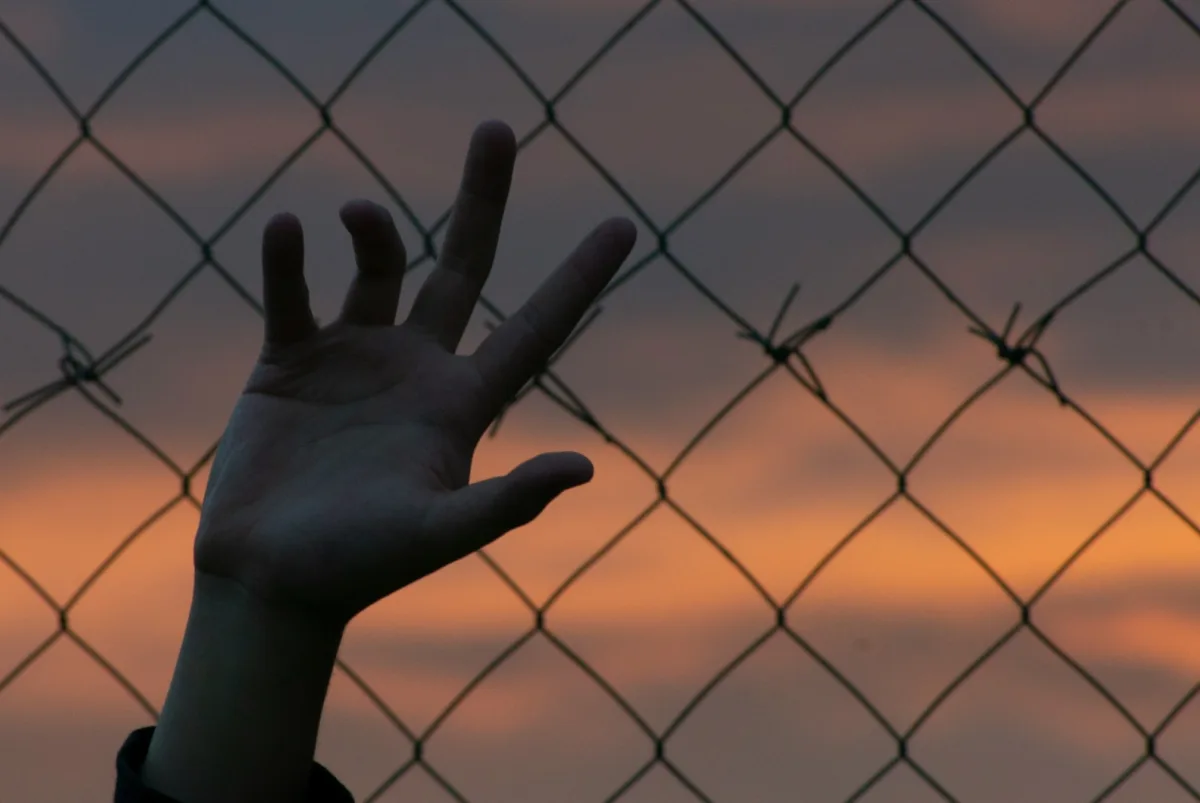
Prisoners Like Me Have a Responsibility to Mentor At-Risk Kids
In prison, I’ve done work to come to terms with the pain I’ve both felt and caused. Hopefully, my story—and others like it—can deter younger children from making the same mistakes.

Virginia Prison Uses Threats, Bribes to Address Self-Harm
The Inmate Safety Agreement distributed at Red Onion State Prison offers fish fries and movies for prisoners who don’t harm themselves.

I Spent Years Imprisoned Without Windows. Now, Snow Feels Like a Gift.
I was recently moved to a cell with a window after years without one. I never realized how much I’d taken nature for granted.
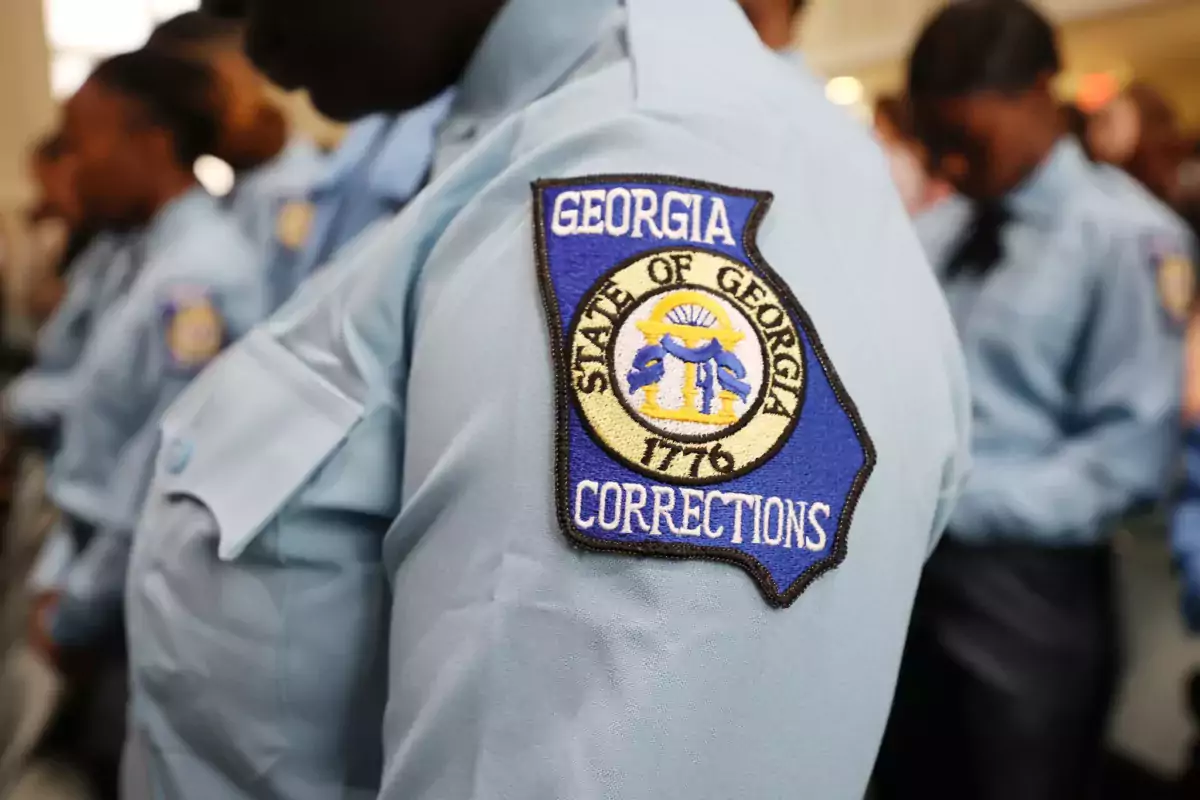
How Georgia Prisons Habitually Cover Up Murders
A scathing U.S. Department of Justice civil rights investigation confirmed something people incarcerated in Georgia have long known: The state routinely hides the number of people killed inside its prisons.

‘People Will Die’ from Trump’s Trans Prisoner Crackdown, Experts Warn
One of Trump’s first executive orders says federal prisons must house trans women in men’s facilities and directs the government to remove anti-rape protections for trans prisoners.

People in My Prison Want More from the Democrats. Here’s Why.
I spoke to the people incarcerated with me about the 2024 election. They want more than a Democratic Party that abandons incarcerated people, offers little, and focuses on demonizing its opponents.
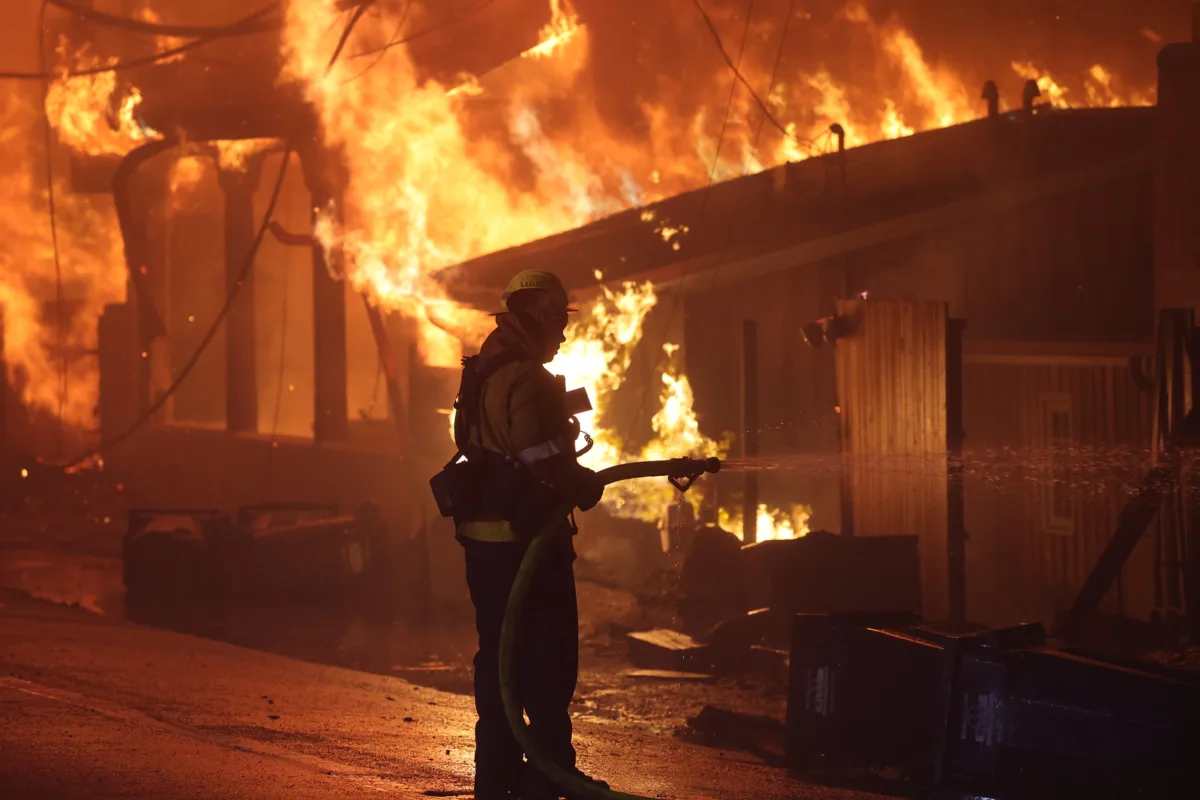
LA’s Wildfires Threaten Almost 40 Prisons and Jails. Here’s How They’re Responding.
The Appeal contacted 38 facilities to ask how they’re preparing for air quality issues and possible evacuations and power outages. Thousands of people—including hundreds of children—sit in potentially impacted facilities.

The Murder of Robert Brooks Shines a Light on Abuse and Racism in New York Prisons
Brooks’s murder by prison guards epitomizes a deeply ingrained culture of brutality perpetuated by New York’s refusal to hold staff accountable.

How Secret Santa Helped Me Get Through the Holidays in Prison
Spending Christmas in prison and away from my family leaves me depressed. But, after the guys on my unit started a Secret Santa, I briefly felt a happiness that eluded me for years.
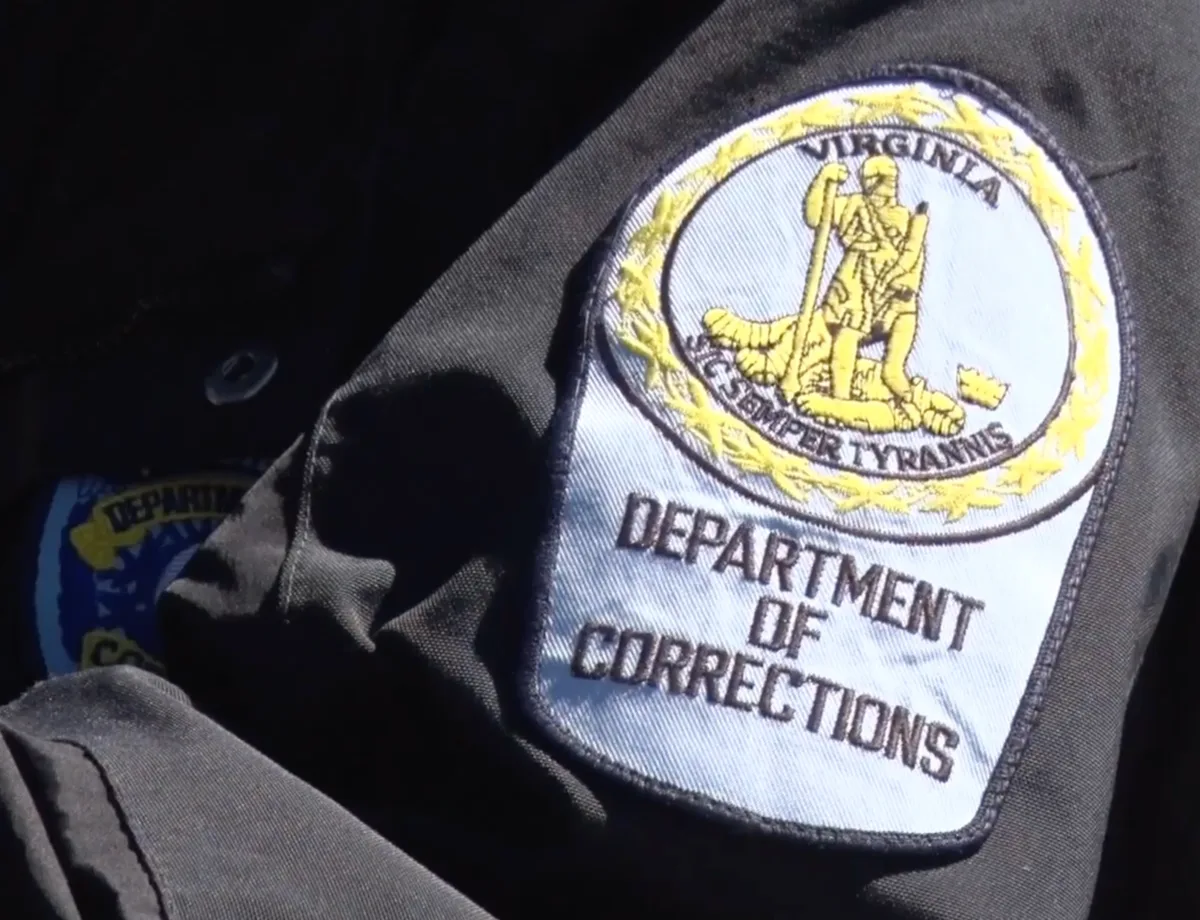
Prisoners Burned Themselves. So Staff Discussed “Making Them Pay Money.”
Emails show Virginia Department of Corrections officials discussing how to punish people at Red Onion State Prison who self-immolated.
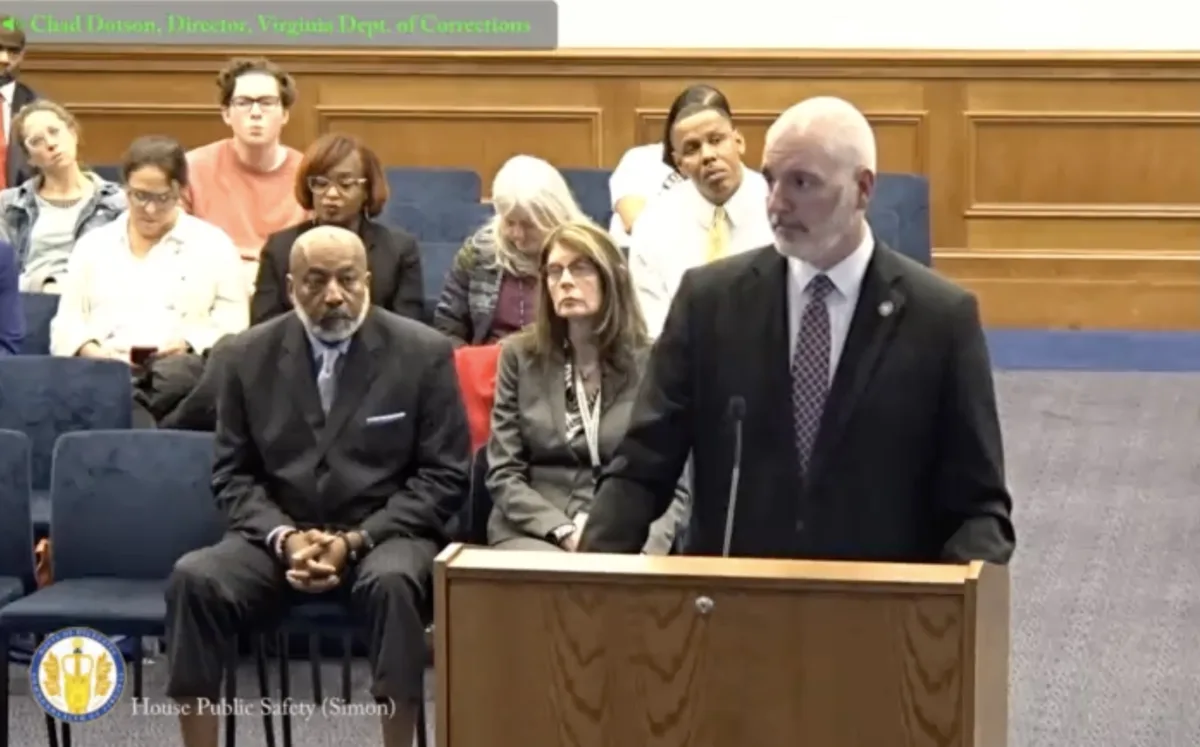
Virginia Prison Director Tells Self-Immolating Prisoners to ‘Behave’
At least six people incarcerated at Red Onion State Prison intentionally burned themselves to get transferred out of the notorious facility.
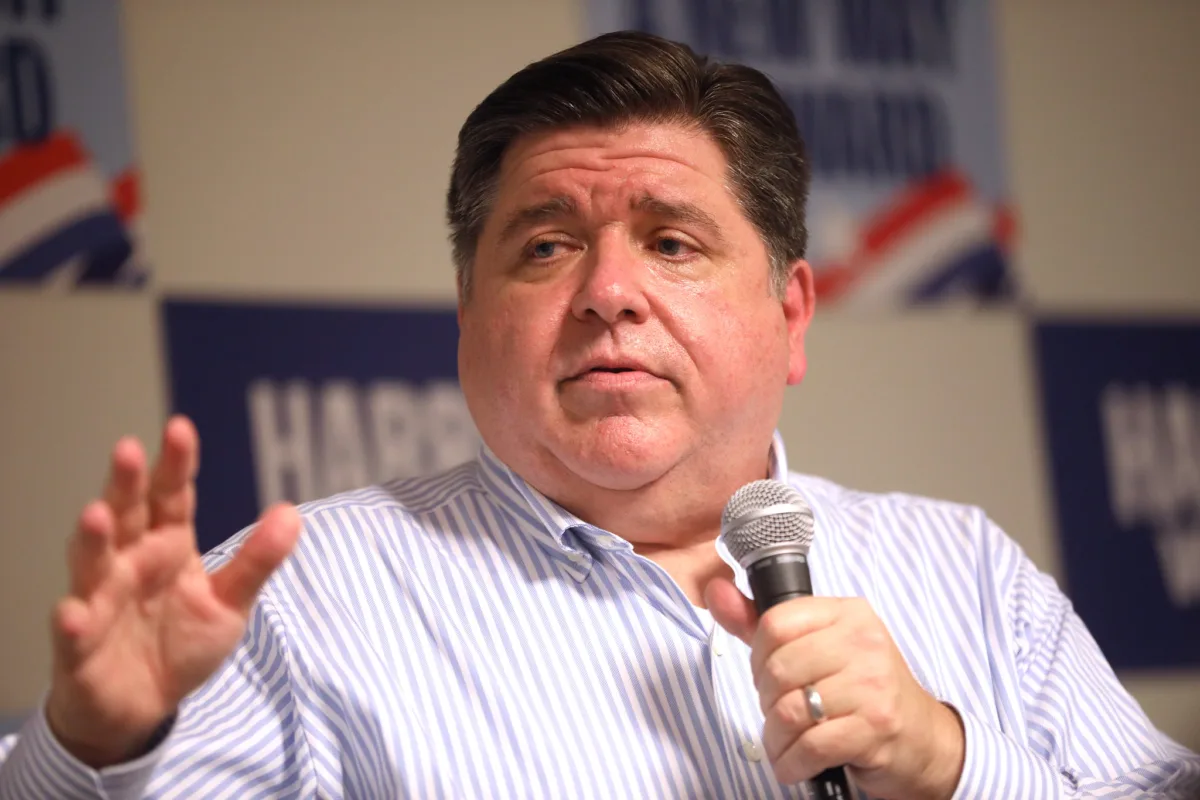
How Political Games Hamstrung Illinois’ Parole Board—Trapping Thousands in Prison
Illinois Governor JB Pritzker tried to use the state’s parole board to safely free more people from prison. But after Republican backlash, the board’s work has essentially been frozen.
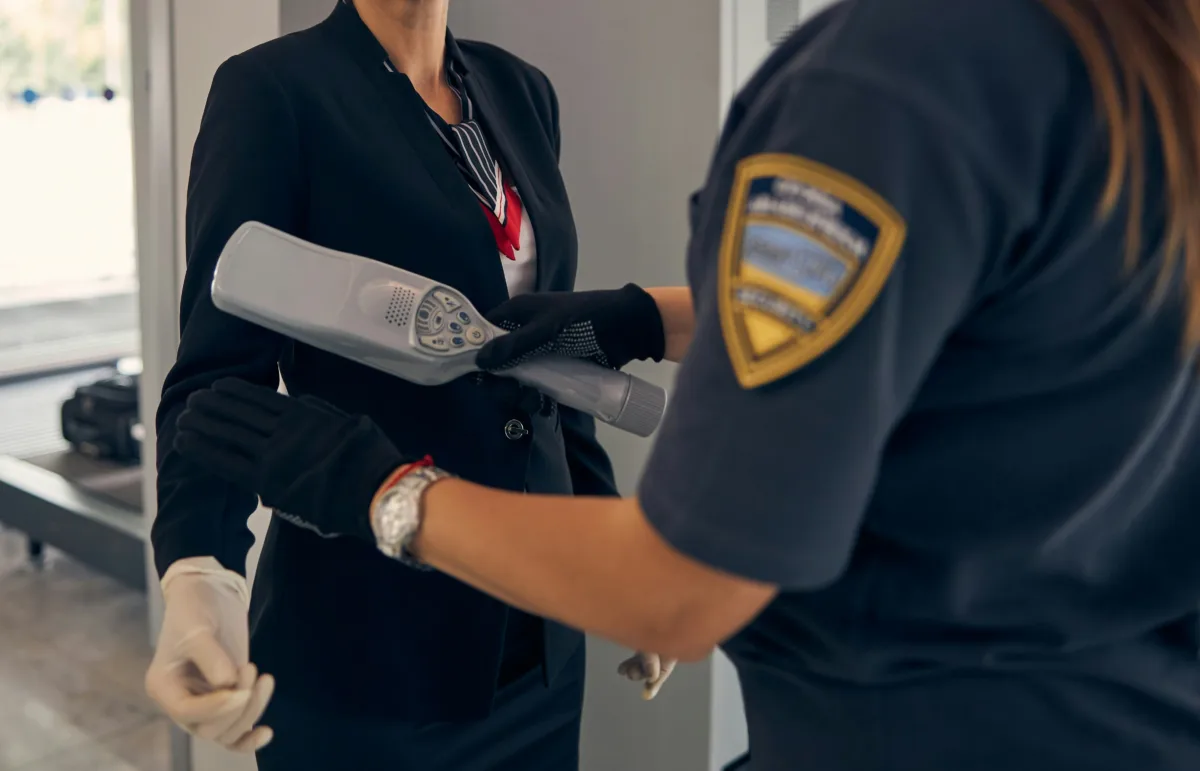
How Prisons, Jails, and Courts Coerce ‘Consent’ While Violating Visitors
I spent years visiting prisons and courts. At every turn, facilities forced me to comply with invasive searches that left me feeling sexually violated.
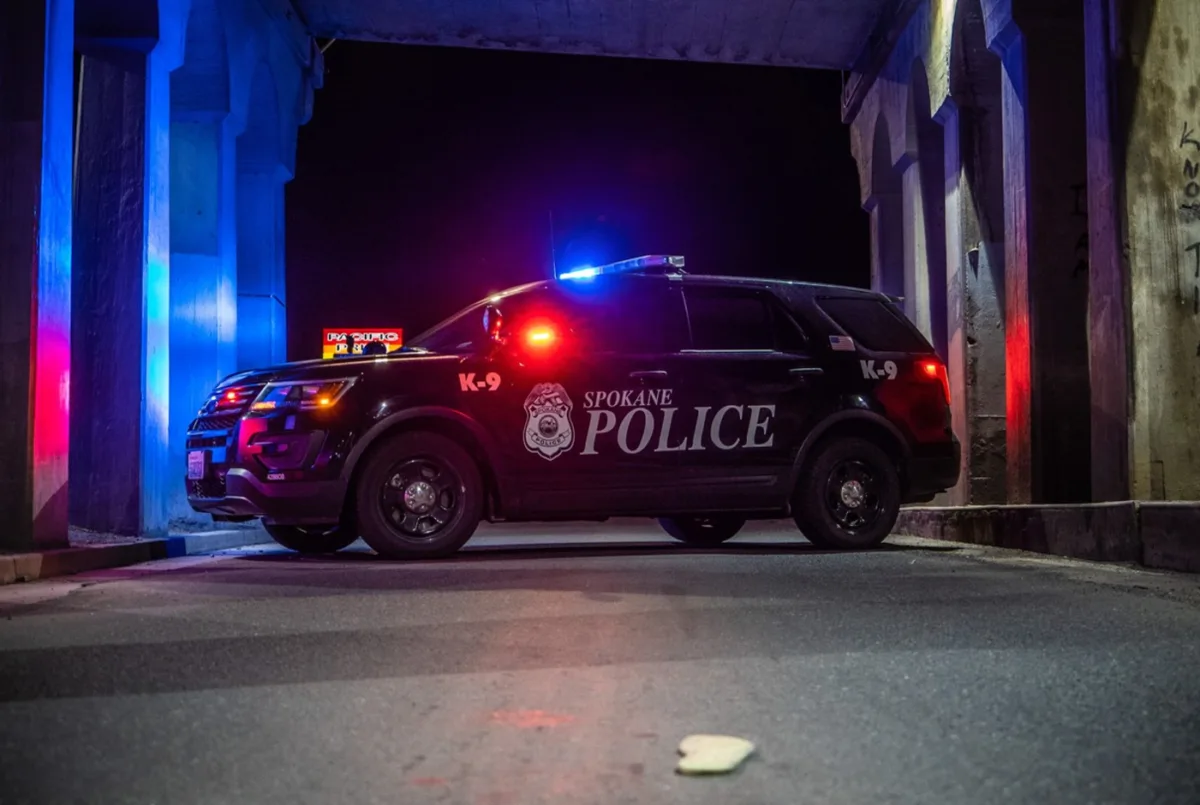
Now Free, Man Who Alleges Wrongful Conviction Wants Justice from WA Police
Gregory Sharkey spent 15 years in prison for a crime he says he didn’t commit. He was finally freed last month—but will those responsible for caging him be held accountable?
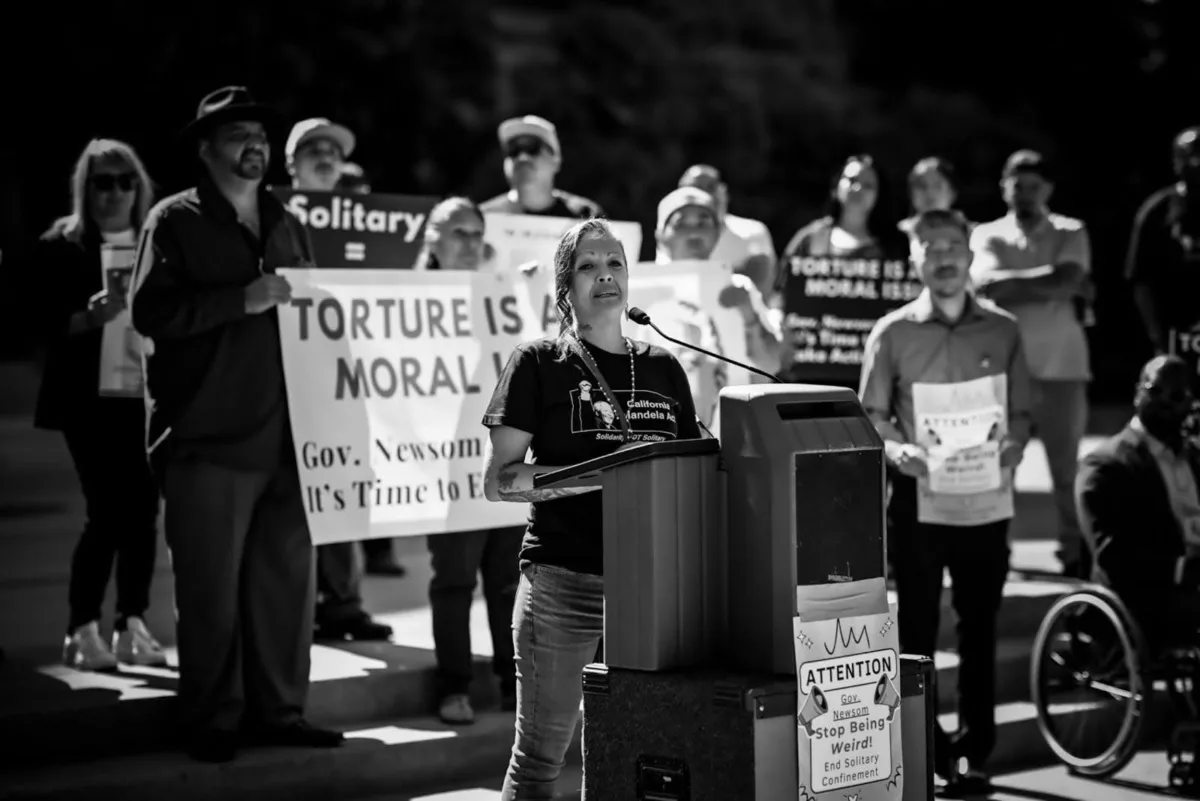
Advocates Blast Gavin Newsom for Fighting Solitary Confinement Reform
Formerly incarcerated Californians say that if Gavin Newsom wants to keep touting his record as a “progressive,” he should stop vetoing bills that ban or restrict solitary confinement.

Prisoners Intentionally Burned Themselves at Troubled Virginia Supermax
A state spokesperson confirmed six men at Red Onion State Prison in Western Virginia used “improvised devices” to give themselves electrical burns.
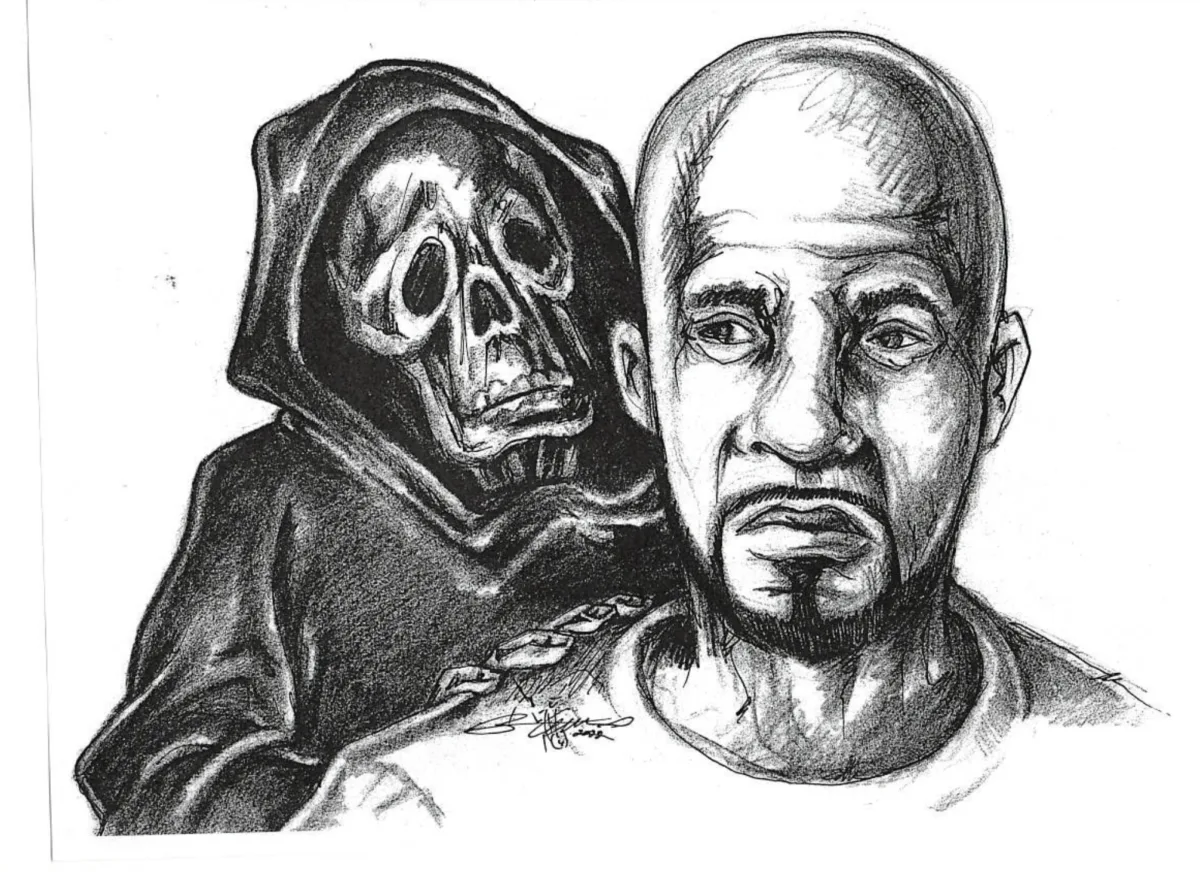
‘One of those chosen could be me.’
Billie Allen says he is an innocent man on death row. Allen and his supporters want President Biden to pardon him before Trump takes office.
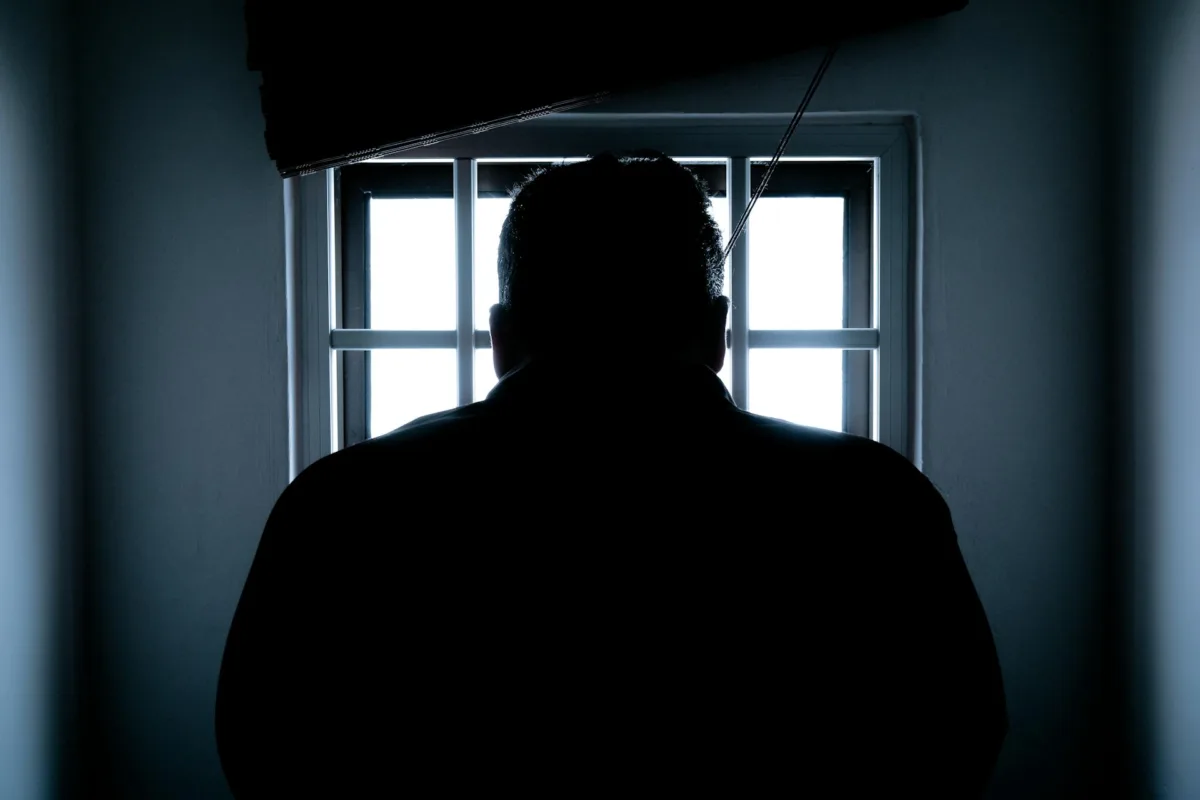
The Case Against Solitary Confinement: Explained
Even though the United Nations considers more than 15 days of solitary confinement a form of torture, American prisons still use the practice liberally. Prolonged isolation makes imprisoned people more violent and less likely to reintegrate into society.
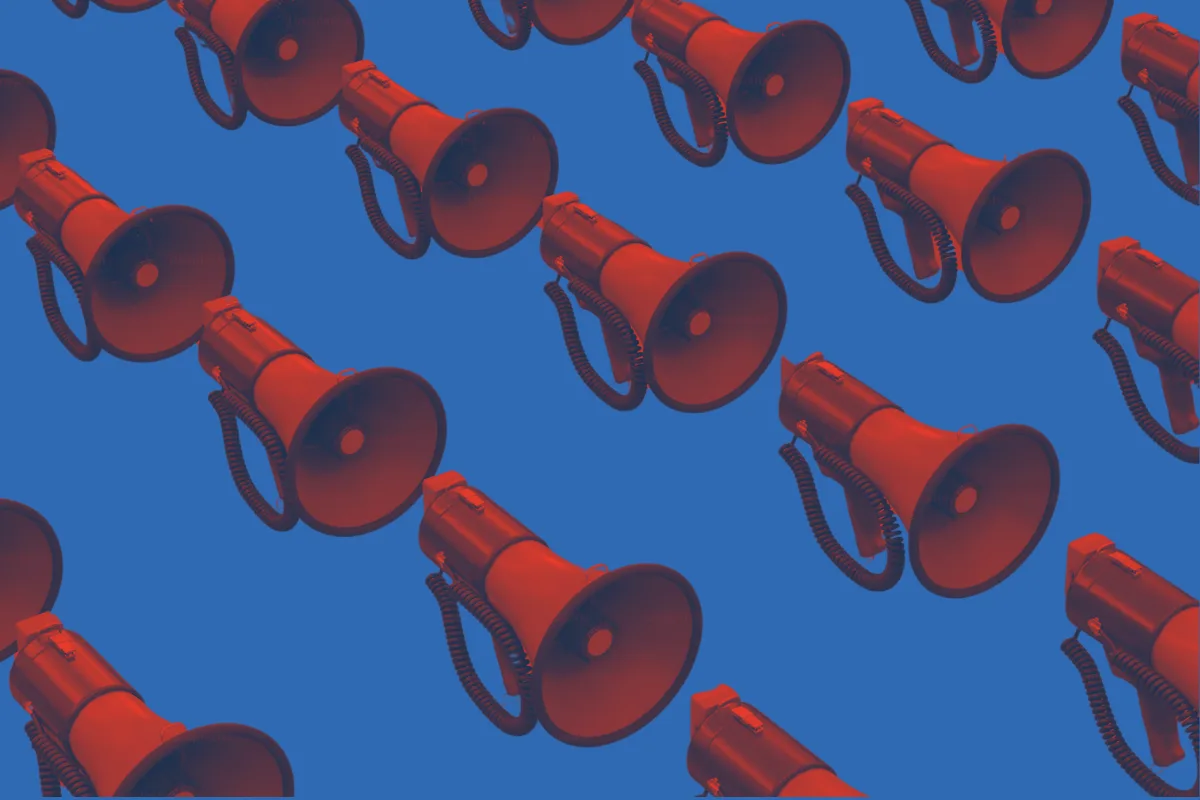
What Incarcerated People Want Candidates to Know
Most people in prison can’t vote. That doesn’t mean they aren’t paying attention.

How a Book Club Helps Me Find Hope Behind Bars
For people trapped in prison for decades, simple things like book clubs can be a lifeline and help people cope with the realities of the prison system. Sing Sing Correctional Facility’s club has helped give me and others a sense of purpose and belonging.
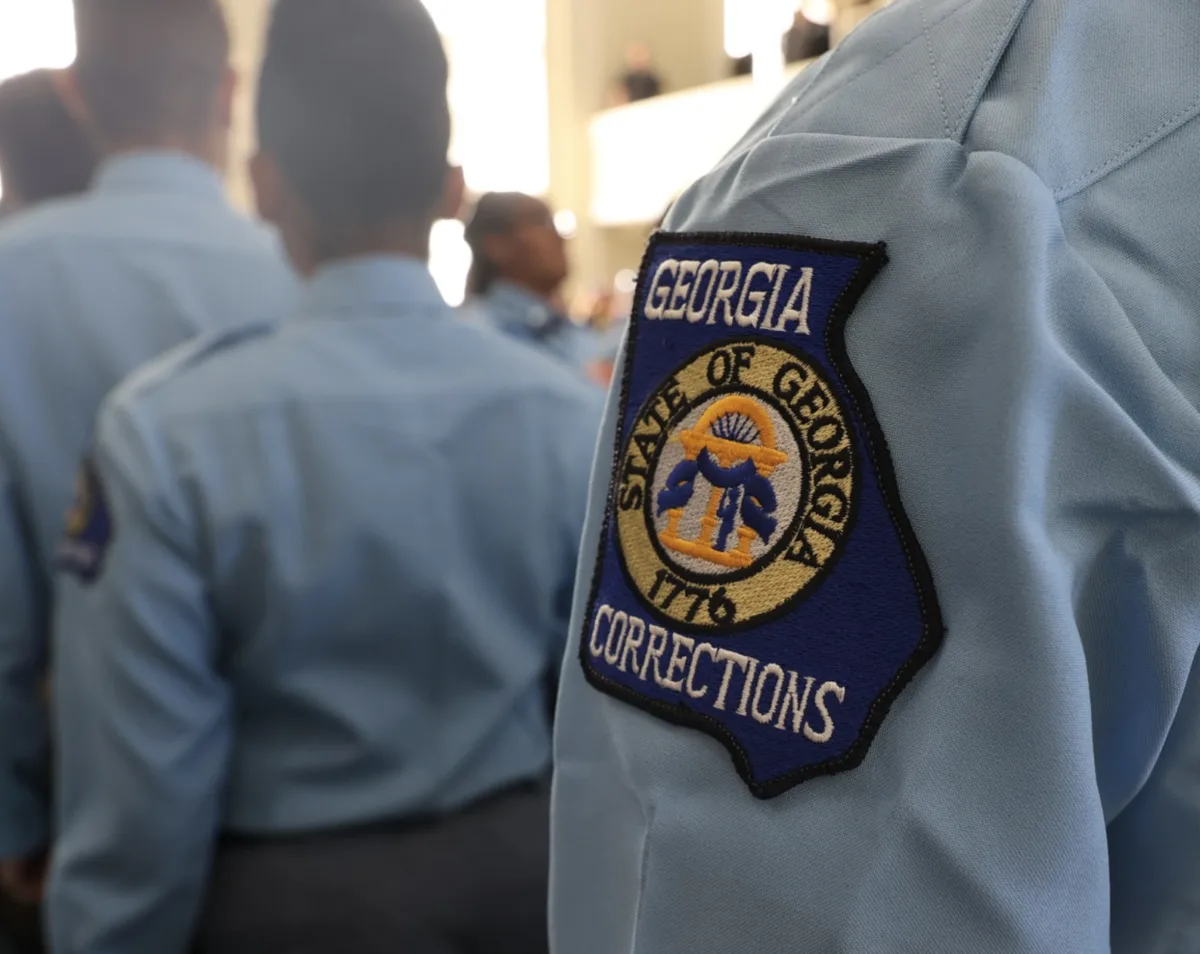
How Georgia Arrests Women Who Never Committed Crimes
In Georgia, a person can be charged as a “party to a crime” for simple acts like answering a phone or loaning gas money. I—and many women incarcerated alongside me—are trapped in prison for crimes committed by men or abusive partners.
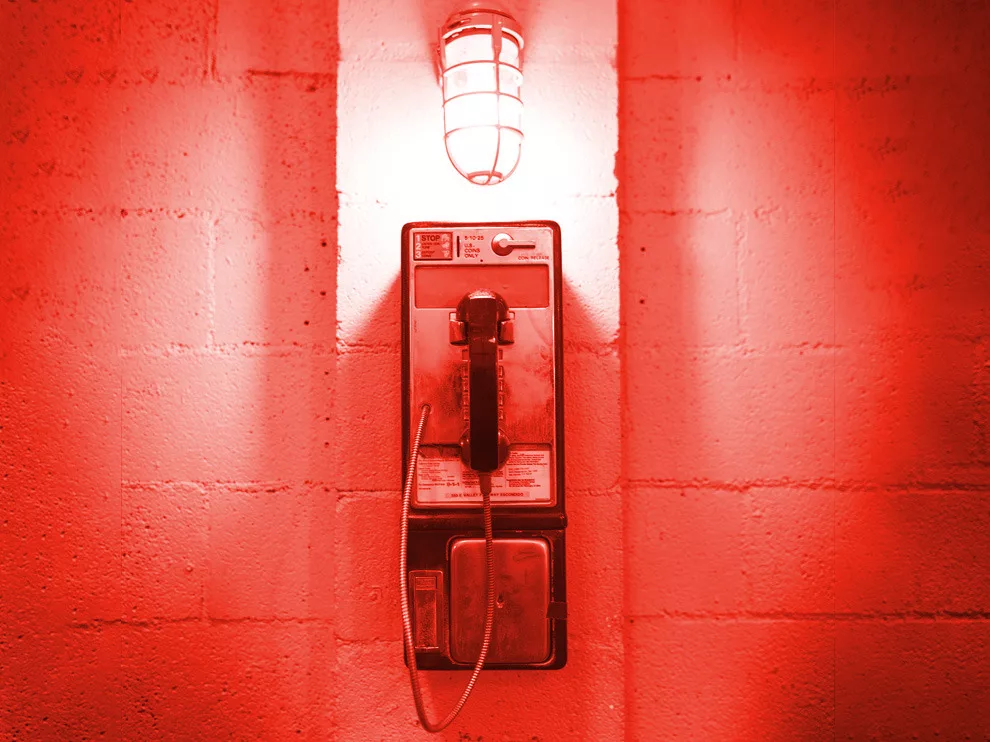
The Prison Telecom Free-For-All is Over
New rules from the Federal Communications Commission are putting the brakes on the prison telecom industry’s exploitative practices.

Texas Lawmakers Paused Robert Roberson’s Execution—For Now
State legislators subpoenaed Robert Roberson one day before the state was set to kill him—an act that delayed the execution. Lawmakers are fighting to let Roberson testify before the state House despite objections from the attorney general and governor.
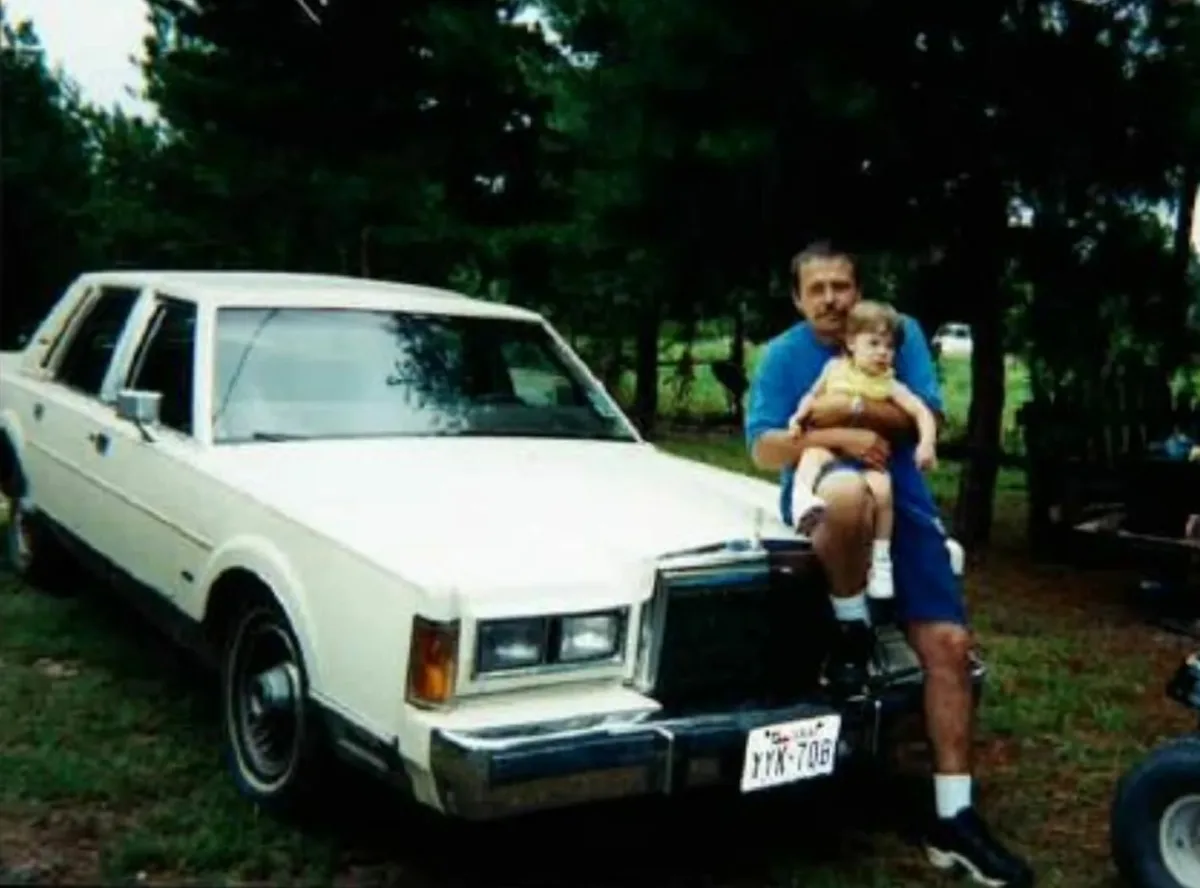
Texas Board Denies Clemency for Robert Roberson in ‘Shaken Baby’ Death Penalty Case
Despite pleas from state lawmakers, Texas will execute Roberson on Oct. 17 unless Governor Greg Abbott grants a reprieve in his case.

Junk Science Convicted Her. Will Mississippi Set Her Free?
Tasha Shelby was sentenced to life in prison for allegedly shaking her fiance’s two-year-old son to death. But the science around “shaken baby syndrome” has unraveled, and the lead witness against her recanted his testimony.
